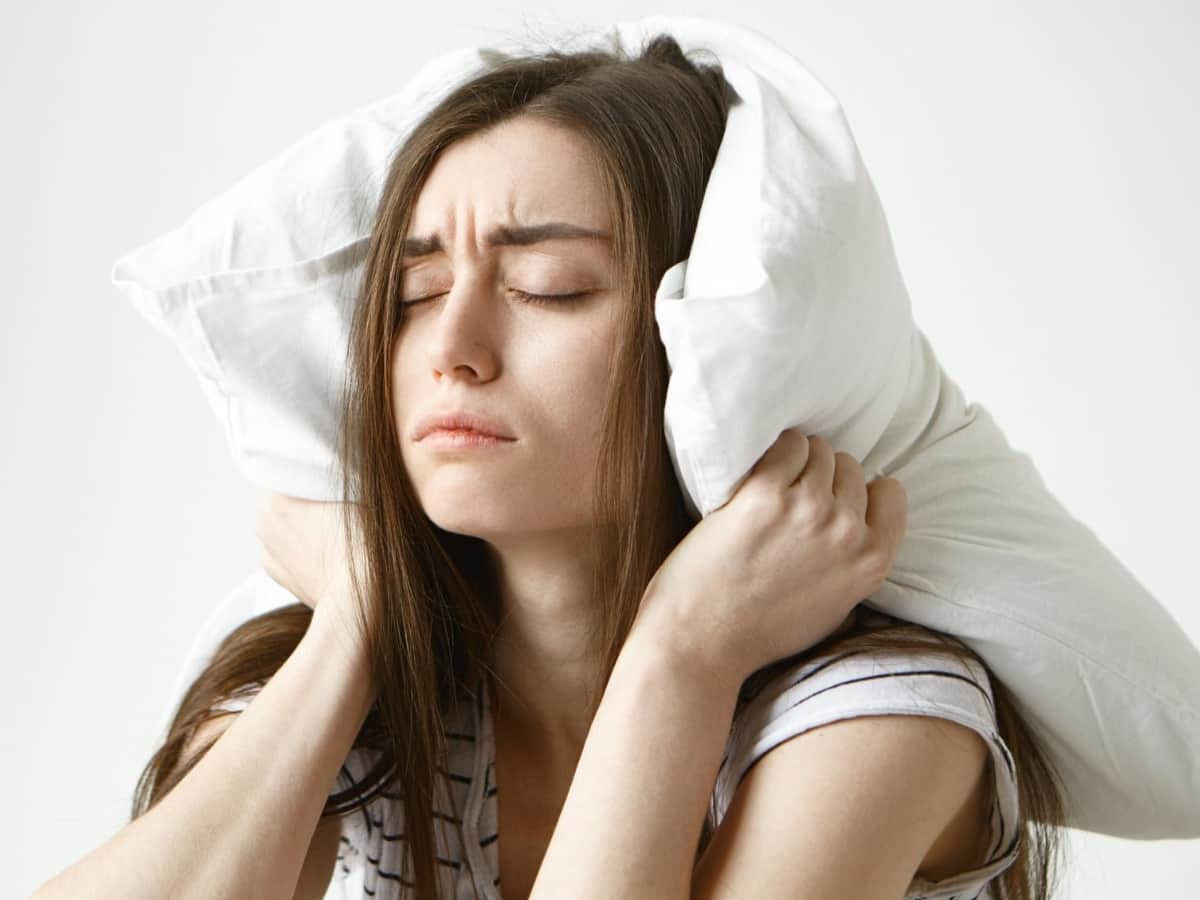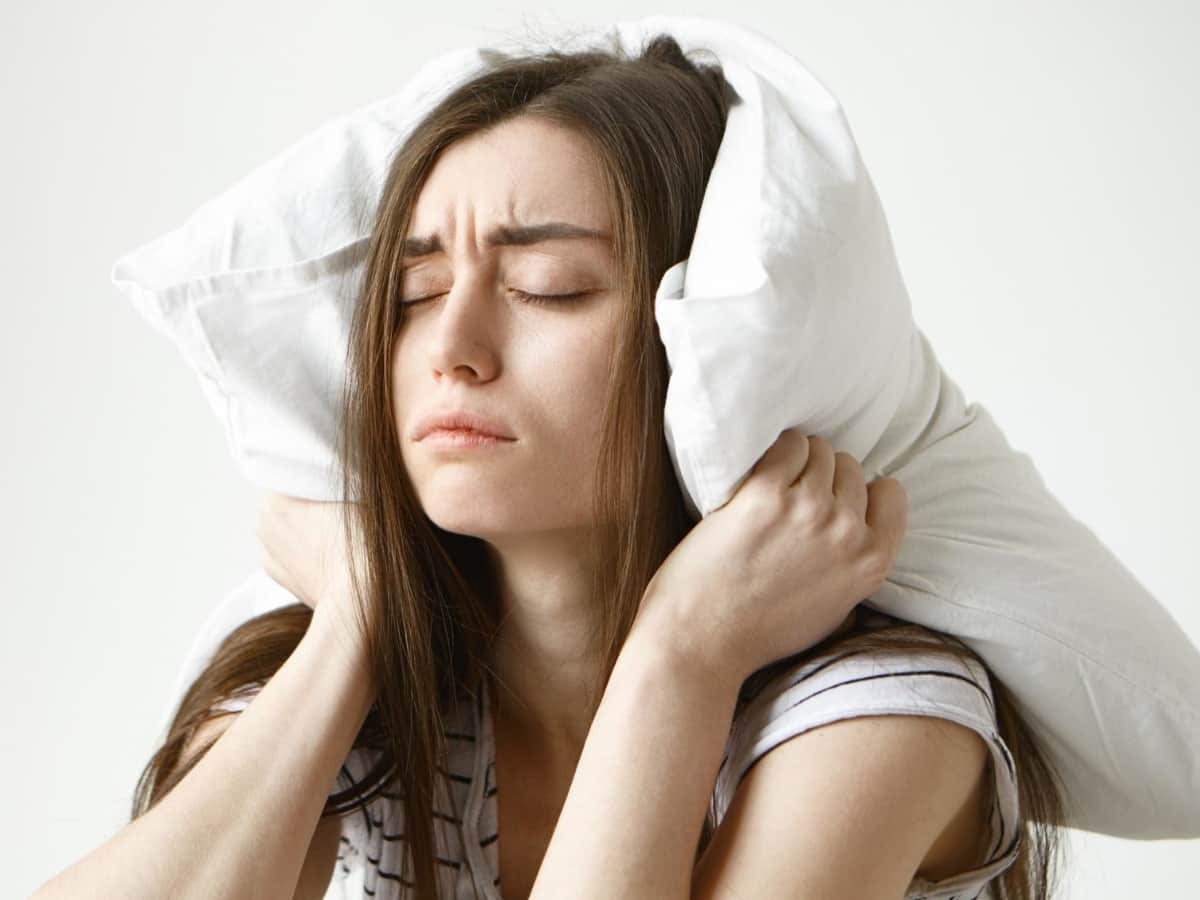Tips To Reduce Heart Disease Risk In People With Sleep Disorders –  Reports suggest that sleep problems after COVID are increasing and it could increase the risk of heart diseases as well. Here’s how you can mitigate the risk of these problems.
Reports suggest that sleep problems after COVID are increasing and it could increase the risk of heart diseases as well. Here’s how you can mitigate the risk of these problems.
Cardiovascular diseases (CVDs) or heart diseases are the leading cause of death around the world. Around 17.9 million people died from CVDs in 2016 i.e., 36 per cent of all global deaths. Reports suggest that 85 per cent of these deaths happen due to heart attack and stroke. According to Dr Tilak Suvarna, Senior Interventional Cardiologist, Asian Heart Institute, Mumbai said, “According to a survey in 2021, since COVID-19 started, many Indian adults reported sleep challenges such as difficulty in falling asleep (37%), difficulty staying asleep (27%), and waking up during the night (39%).
Research by the National Institute of Health finds that chronic sleep cycles lead to atherosclerosis. It forms a plaque on artery walls which risks your heart health. Another report by NCBI states that non-rapid eye movement during sleep lowers the stress on the heart allowing it to recover from the strain that occurs during waking hours. It also adds that sleep deprivation leads to high blood pressure, an increase in cholesterol, diabetes, all resulting in heart problems.”
Tips To Reduce Heart Disease Risk In People With Sleep Disorders
Dr Suvarna highlights that other than Insomnia, “Obstructive sleep apnea (OSA) is a breathing disorder linked to diabetes, obesity, and high blood pressure. People with OSA face lapses in breathing during sleep when their airway gets blocked which leads to fragmented sleep, and to multiple cardiovascular problems.”
Here are some tips from the doctor to help you get a good sleep and maintain your heart health:
Develop strategies to sleep
People struggling to get asleep can calm their minds with techniques like yoga, meditation, deep breathing, reading, or listening to soothing music.
Maintain a sleep schedule
Set aside seven to eight hours for sleep. Even on weekends try to limit the difference in your sleep schedule to not more than an hour.
Look after eating habits
People usually have their dinner right before bedtime go to sleep stuff, which is not a healthy habit. Have a walk after dinner and try to avoid heavy meals within a couple of hours before bedtime. Also, avoid nicotine or caffeine near your bedtime hours, it can disrupt your sleep cycle. Healthy eating not only helps in general but in bringing good sleep and maintaining a healthy heart.
Manage stress
Stress not only affects quality sleep but can also lead to high blood pressure and stroke. Try to manage or resolve your concerns before bedtime. Stress management might help.
Avoid using gadgets before sleep
Excessive use of cellphones, laptops, or screens can throw off sleep patterns, it is recommended to not use any electronic device one hour before bedtime.
Note: While the tips mentioned in the article are by an expert, it is important that you talk to your doctor before trying anything new to avoid complications.








